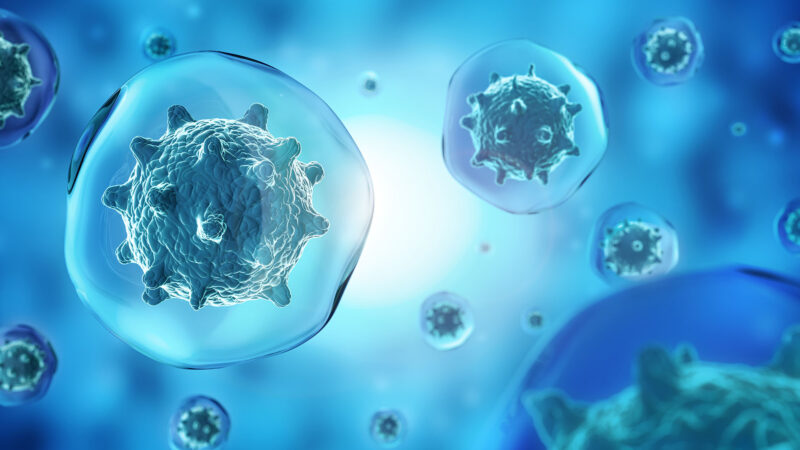CASE STUDY
Investigating the benefits of donor human milk for preterm infants
SAHMRI, University of Adelaide, Australian Red Cross Lifeblood
Australia 2023
Together, SAHMRI and Lifeblood are leading a consortium to revolutionise the way human milk, and novel products made from human milk, are used as nutritional and medical interventions to improve health outcomes in vulnerable infants, but with potential application for a diverse range of medical indications.
Currently, babies who are born early preterm – before 32 weeks – are given donor milk when their own mother’s milk is not available or in short supply. Whether donor milk is beneficial for babies born just a few weeks early is unclear, as very little research has been undertaken with these babies.
Complications due to poor feeding are the major cause of health burden and costs in babies born between 32 and 36 weeks of pregnancy.
Infant formula is regularly used as additional nutrition for pre-term babies, but it can contribute to complications, including feeding intolerance, increased need for IV fluids, interrupted breastfeeding, effects on weight gain and delayed hospital discharge.
Human milk is easier to digest than formula and protects babies against other serious diseases and infections. It has all the nutrients babies need for their growth and development.
To build out research, a randomised controlled trial – known as the GIFT Trial will soon commence as an investigation between SAHMRI, the University of Adelaide, the Red Cross Lifeblood Milk Bank conducted at five sites across three states in Australia.
“Ultimately, this trial will determine whether donor milk, which is currently prioritised for babies born early preterm should be made available to all babies born early, when maternal breast milk is not available or in short supply,” says Professor Alice Rumbold, Co-Theme Leader, SAHMRI Women and Kids and the trial’s Chief Investigator.
Researchers from SAHMRI and the University of Adelaide will provide donor breast milk to more than 2000 babies born moderate to late preterm.
Professor Rumbold, says her team will compare the health and economic impacts of using pasteurised donor human milk against infant formula as a source of nutrition for babies born between 32 and 36 weeks of pregnancy.
“This will provide crucial evidence to determine whether use of donor milk, as a supplement to maternal breast milk, reduces time spent in hospital, feeding difficulties and feeding-related complications, which are common in these vulnerable babies,” she said.
Lifeblood’s National Milk Research Leader, Dr Laura Klein hopes to build her organisation’s understanding of how donor human milk can better support clinical outcomes.
Milk supply nationally and for the trial is handled by Lifeblood’s National Milk Operations Manager, Chris Sulfaro, who oversees the demand planning, screening, collection and pasteurising processes.
The GIFT Trial is funded by a $2.2m grant from an NHMRC funding pool that is designed to address important gaps in knowledge, leading to relevant and implementable findings for the benefit of human health.
“If we can provide evidence that donor milk helps babies get home sooner, and with fewer feeding-related complications, it would benefit the infants, their families and the health system,” Professor Rumbold said.
About South Australian Health and Medical Research Institute (SAHMRI)
SAHMRI is an independent health and medical research institute housing more than 700 medical researchers working together to tackle the biggest health challenges in society today. This includes world-leading researchers in the development and translation of infant nutrition interventions, with particular interest in reducing the consequences of prematurity on lifelong health.
About Australian Red Cross Lifeblood
Australian Red Cross Lifeblood (Lifeblood) provides services to the health sector in Australia and is responsible for the collection, processing and distribution of life-giving blood, plasma, transplantation, human milk and other biological products for world-leading health outcomes to the Australian community. Lifeblood is funded by Australian governments to provide life-giving blood, plasma, and transplantation and biological products.
You Might also like
-
Precision and personalised nutrition
Laureate Professor Clare Collins is helping people access effective medical nutrition therapies that significantly reduce their risk of chronic disease. She and her team are developing innovative technologies, including apps and online programmes.
-
Dr Jasmine Kaur
RESEARCH IN SPINAL CORD INJURY
@ GRIFFITH UNIVERSITY, QUEENSLAND, AUSTRALIA -
Life-changing donor milk for preterm babies
Dr Laura Klein is National Milk Research Leader at Australian Red Cross Lifeblood. Australian Red Cross Lifeblood is funded by Australian governments to provide life-giving blood, plasma, and transplantation and biological products.
Dr Klein works with clinicians and researchers across Australia to understand how donated breast milk can be used to improve outcomes for vulnerable babies. She’s passionate about generating evidence to improve the products and services that milk banks provide to donors and the families who receive donated breast milk.



